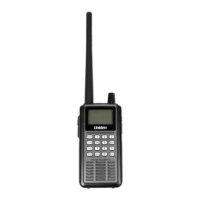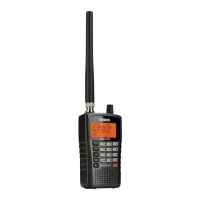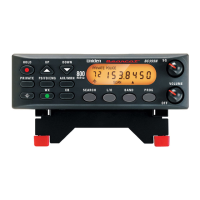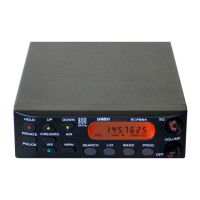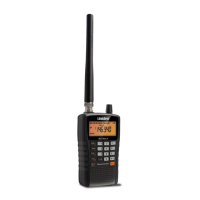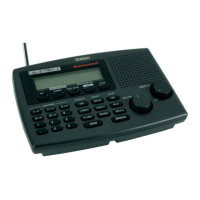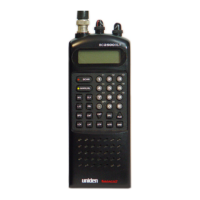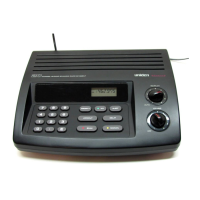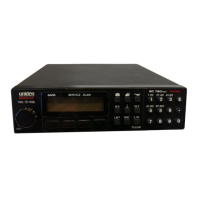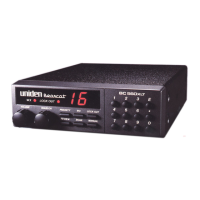Scanning Legally
Your scanner covers frequencies used by many different groups, including police
and fire departments, ambulance services, government agencies, private
companies, amateur radio services, military operations, pager services, and
wireline (telephone and telegraph) service providers. It is legal to listen to almost
every transmission your scanner can receive. However, there are some
transmissions that you should never intentionally listen to. These include:
Telephone conversations (cellular, cordless, or other private means of telephone
signal transmission)
Pager transmissions
Any scrambled or encrypted transmissions
According to the Electronic Communications Privacy Act (ECPA), you are subject
to fines and possible imprisonment for intentionally listening to, using, or divulging
the contents of such a conversation unless you have the consent of a party to the
conversation (unless such activity is otherwise illegal). This scanner has been
designed to prevent the reception of cellular telephone transmissions and the
decoding of scrambled transmissions. This is done to comply with the legal
requirement that scanners be manufactured so they are not easy to modify to pick
up these transmissions. Do not open your scanners case to make any
modifications that could allow it to pick up transmissions that are illegal to
monitor. Modifying or tampering with your scanners internal components or using
it in a way other than as described in this manual could invalidate your warranty
and void your FCC authorization to operate it. In some areas, mobile and/or
portable use of this scanner is unlawful or requires a permit. Check the laws in
your area. It is also illegal in many areas (and a bad idea everywhere) to interfere
with the duties of public safety officials by traveling to the scene of an incident
without authorization.
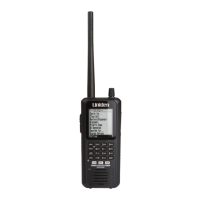
